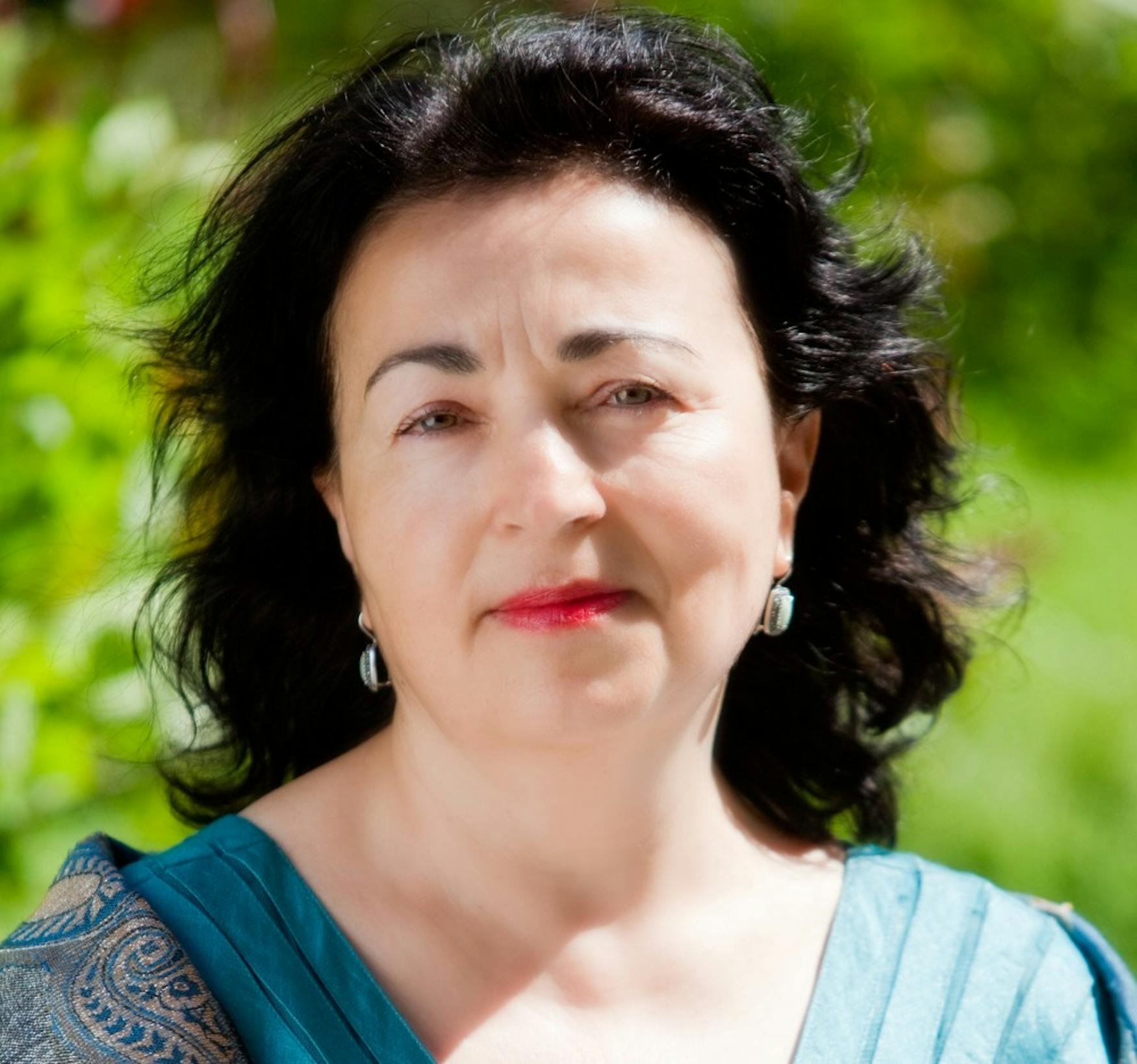Azerbaijani artist performs piano concert
Correction appended.
On Sunday afternoon in the Women’s Studies Research Center, Azerbaijani contemporary classical composer Rahilia Hasanova intimately performed a small sample of her works.
Sponsored by the Rebecca Clark Society and The Gardarev Center, the concert featured Hasanova playing her own piano compositions and Jill Dreeben performing six of Hasanova’s short flute compositions. Hasanova’s mastery of the piano, dedication to her own compositions and overall spirit led to an energetic yet stirring concert.
Preceding the performance, Hasanova explained that she would be playing compositions written during different years of her life and that the compositions demonstrated her feelings during these periods.
For the opening piece, Hasanova played preludes 1, 2 and 4 of “Jasmine Petals” (Cycle of Seven preludes for piano, 1998). The preludes were all filled with cycles of fast and short notes, quickly transitioning from high to low notes. Though they were all played with a fervor, there was a gentle quality to them especially present in prelude 1. “Jasmine Petals” was followed by “Chesme (“Mountain Music” 1984) preludes 1, 4, 5, 8 and 12, which constituted the majority of the concert.
Hasanova’s works are heavily influenced by her Azerbaijani heritage. Hasanova spent much of her life in Azerbaijan. She explained that she was born in Baku, the capital city of Azerbaijan, and then studied and later taught for several years in the Baku Conservatory of Music.
Hasanova’s compositions contain elements of Western culture but are grounded within Azerbaijani culture. The program describes Hasanova as “combining the essence of her native Azerbaijani culture and traditional music that represents the East with the contemporary classical music traditions of the West.”
One of the most touching pieces that Hasanova performed was “Monad” (Sonato for piano, 1993). Hasanova explained before performing the piece that it was created in direct response to the 1990s invasion of Azerbaijan by the Soviets. During the invasion, Hasanova witnessed one of her neighbors being killed. The piece conveyed the chaos and sorrow of that deeply traumatic event.
Hasanova’s piano performance was interjected with a flute performance by Jill Dreeben. Dreeben played “Six Simple Flute Pieces” (1987), which consisted of Scherzando, Alla Marcia, Andante Dolce, Allegretto, Allegretto Expressivo and Moderato Tenebroso. Hasanova’s flute pieces had a similar tone to her piano pieces, as they shared some stylistic aspects. The pieces had Dreeben playing long strings of short notes, shifting rapidly from note to note, and hitting extremely high notes right before diving down to very low ones.
Hasanova’s final performance was “Alla Meykhana” (Fantasy for piano, 1996). According to the program, Meyhkana is “a distinctive Azerbaijan poetic genre that involves improvisation.” Hasanova’s performance of Alla Meykhana was more lighthearted than her other pieces. A surprise for the audience was when the piece integrated finger snapping into the piano composition.
While the concert exhibited some of Hasanova’s piano and flute compositions, Hasanova has written compositions for a range of music genres and instrumentation, including symphonic compositions, chamber music and even opera.
What truly shone through more than anything in the concert was Hasanova’s mastery of the piano and her original style of combining Azerbaijani and Western influences in her music.
An earlier version of this article stated that the event was sponsored by the Gardarev Society, rather than the Gardarev Center.



Please note All comments are eligible for publication in The Justice.